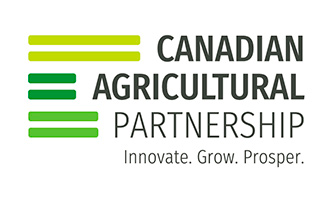Key Result
A single insecticide application at the early pod stage was as effective as multiple applications to protect yields and control of lygus bugs but was not adequate with single applications at the bud stage. The study also suggested that substantial canola yield can be lost when densities of lygus and cabbage seedpod weevils reach two of each pest per plant.
Project Summary
Lygus bugs and cabbage seedpod weevils are serious insect pests of canola in southern Alberta. In 2000 and 2001, a plot insecticide trial was conducted to develop a chemical management strategy for the two pests.
Results from the study showed that a single application at the early pod stage was as effective as multiple applications to protect yields and control of lygus bugs but was not adequate with single applications at the bud stage. During both years, canola crop development was delayed because of drought and flea beetle pressure and caused plants to escape damage from cabbage seedpod weevil. Insecticide application had little impact on cabbage seedpod weevil infestation levels and the results indicate that late planted fields should not be sprayed for weevils. Observations from commercial fields and other ongoing plot trials confirmed that only early seeded canola fields may need spraying against weevils.


A second study was designed to determine the impact of a range of lygus and weevil densities on canola yield.
Results were only available for the 2000 growing season when plants were impacted by drought stress. The study suggested that substantial canola yield can be lost when densities of lygus and weevils reach two of each pest per plant.
Further research on weevil-canola plant interactions and studies on sweeping efficiency are required to confirm these results and develop economic thresholds.
Related research
Read the subsequent Management of lygus bugs and seedpod weevil in canola at the farm level research (conducted 2010-2014).





